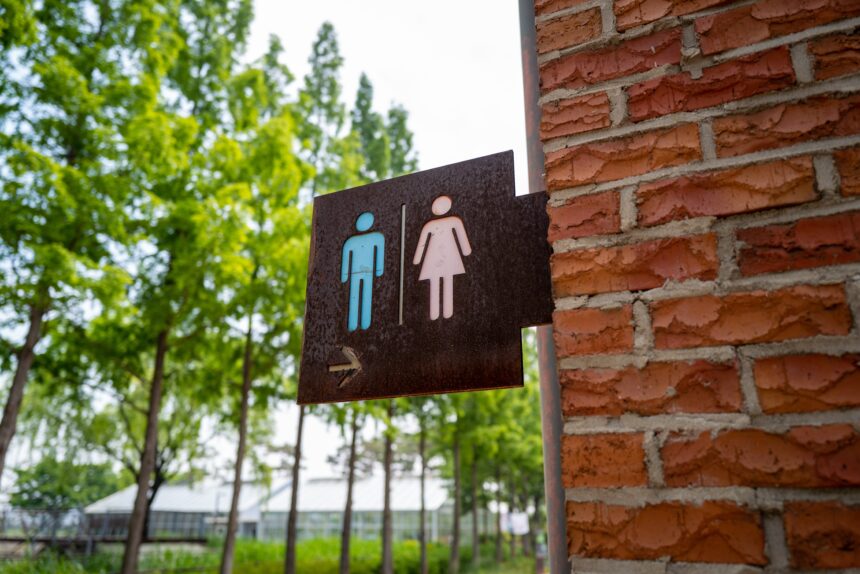Photo by Sung Jin Cho on Unsplash
Recently, Bella Ramsey (they/them) was nominated for an Emmy, increasing the discussion on gender-neutral award show nominations. Current award shows include male and female categories, yet non-binary and gender non-conforming people aren’t recognized within these separations.
Bella Ramsey responded to this issue stating, “I don’t want the limitations in terms of the language in the categories to be a reason that nonbinary actors like me can’t be celebrated.” With this being said, I would like to dive into how different alternatives would take effect. Alternatives can be really complex because finding gender equality within such divided awards would be almost impossible without new issues emerging.
The first alternative and the one everyone would probably think to be a solution is adding a third category for anyone who doesn’t identify as a man or woman. One problem that already exists is the idea of male/female categories. Male and female are biology-based terms while man and women are social-based terms. In past cases, transgender people have been nominated for the category of the gender they identify with and not their assigned gender at birth.
So, a first step in the direction of inclusion would be to change the terms of these categories to man and woman because male and female can make for uncomfortable situations for people who don’t identify with their assigned sex at birth.
Once ‘man’ and ‘woman’ become the proper terms of these two categories, it should be relatively easy to add a non-gender-conforming category. Of course, there will be people who get mad about the third category, but you can’t please everyone and the best approach is to make these categories equal, giving actors the space to be recognized and celebrated.
The second alternative would be to remove all gender labels and categories. This would make equality for all genders except there wouldn’t be equity. Even if all genders are on the same playing field, the underlying power of white straight cisgender men will always have superiority over minority groups.
Making three categories would be the better alternative to Ramsey’s suggestion because there would be equity among the actors and actresses. In a perfect world without white supremacy and the patriarchy, alternative two of removing all categories would be the fairest alternative for all genders, but since this isn’t the case and may not be the case for a while (if ever), alternative number one is the only option for now.
In conclusion, Bella Ramsey helped elevate the conversation surrounding nonbinary and gender non-conforming actors being recognized at award shows. While I have made two suggestions on how to help with this dilemma, please feel free to leave a reply with your input.


Leave a Reply